Intuitive Eating: Is it for you?
What is Intuitive Eating?
Intuitive Eating is an evidence-based, self-care framework. Ultimately, it’s an inside job.
The framework of Intuitive Eating is based on interoceptive awareness. The basic definition from Intuitive Eating is “interoceptive awareness is our ability to perceive physical sensations that arise from within the body. This includes bodily states such as a full bladder or a racing heart, and satiety and hunger cues.” Nobody else can tell you when you feel something from within your body. By cultivating interoceptive awareness we are more in touch with the physical sensations of the body.
When you spend years at war with your body, you stifle the trust that once existed within. Diet culture teaches us to suppress, dismiss, and second-guess our hunger. It teaches us a false sense of fullness, leading us to feel out of control around food. Intuitive Eating shows us how to step off of the diet roller coaster.
Intuitive Eating has ten overarching principles:
1. Reject the Diet Mentality
2. Honour Your Hunger
3. Make Peace with Food
4. Challenge the Food Police
5. Discover the Satisfaction Factor
6. Feel Your Fullness
7. Cope with Your Emotions with Kindness
8. Respect Your Body
9. Movement- Feel the Difference
10. Honour Your Health with Gentle Nutrition
Who is it for?
Intuitive Eating is for EVERY BODY. It is especially for those who have hit diet rock bottom. Maybe you have tried every diet under the sun and you can’t bear to go on another one. It is for you if you have spent too much time, money, and energy stressing about what to eat and the size of your body. Intuitive Eating is for you if you feel like you just can’t get food right. If you go to bed thinking about what you ate and wake up thinking about what you are going to eat that day. It is for people who are ready to create more time, mental energy, and space in their lives for what truly matters.
Symptoms of Chronic Dieting
You are ready to heal your relationship with food if the thought of going on another diet brings on cravings and urges for “bad” foods such as chips, chocolate, ice cream, and cookies.
You feel guilty and go on a food binge after ending a diet. One study found that of all people who go on a diet, 49 percent binge when they end the diet.
You have little trust in yourself with food. Dieting teaches us not to trust our bodies by giving us portions, timeframes for eating, and specific foods to eat that are often not considerate of cultural, emotional, social, or financial factors.
You feel like a failure because dieting has failed you. The truth is that dieting was never meant to be successful long term. We know that 95% of people who diet will gain back the weight plus some, within five years.
You experience The Last Supper phenomenon. This is a common experience before the “diet starts Monday” mentality where you eat all the foods that are off limits prior to restriction. Often you eat until uncomfortably full in preparation for the lack of food to come.
You miss out on social events because staying on a diet is hard when surrounded by fun foods at a party. You feel like you will lose control and eat everything in sight so staying home is easier.
You rely on caffeine to get through the day. Coffee and diet drinks are giving you the energy you need while being underfed making you feel like crap. You suspect you may have an eating disorder. Repeated dieting attempts are often a gateway to a disordered relationship with food. One study found that 35 percent of dieters will progress into disordered eating.
If this is you in a nutshell, it might be time to examine your relationship with food. A great place to start is by reading Intuitive Eating. I’m here to be your guide to heal your relationship with food, book a call. Let’s chat.

